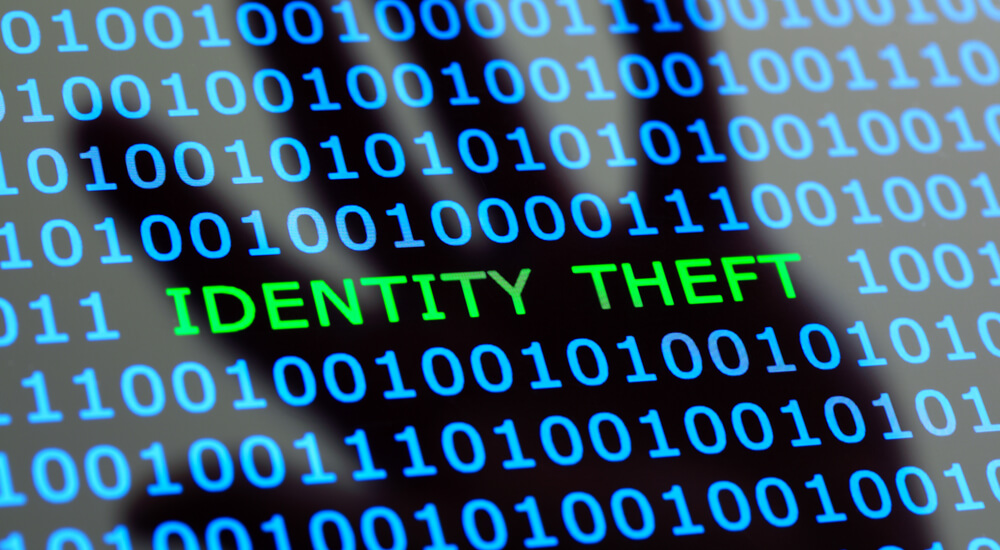
Identity theft is on the rise. According to a report from Javelin Strategies, 16.7 million Americans fell victim to identity fraud schemes in 2017 – that’s up eight percent over the previous year. Thieves made off with $16.8 billion from US consumers. Residents of some states are at higher risk of becoming identity theft victims, according to ASecureLife.com’s recent analysis of data from the FBI’s Internet Crime Complaint Center (IC3). For example, Nevada, which ranked first on the list of high-risk states, had 14.44 victims per 100,000 residents, and each victim lost just under $6,000, on average. Compare that to Ohio; while there were far fewer victims per 100,000, each lost nearly $14,000 to thieves. The takeaway: even in states where the probability of having your identity stolen is low, you stand to lose a lot if you become a victim. While few of us are immune to this risk, we can do a better job of protecting ourselves before it happens. One of the key themes for National Cybersecurity Awareness Month, held annually in October, is online safety at home. This encourages entire households to engage in stronger digital privacy and security practices. Poor online hygiene – such as using weak passwords and posting personally identifiable information (PII) on social media – and the actions we take on the internet every single day, undercut our privacy and may increase our risk of identity theft. Improving our digital security doesn’t require detailed technical knowledge. Here are five simple steps to take right now:
1. Create stronger, unique passwords.
It may seem simpler to reuse the same easy-to-remember password over and over, but if a cyber thief is able to hack one, they gain access to all of your accounts. Don’t use common words or phrases or meaningful numbers like your birthday, and definitely avoid “password” and “123456”. The best practice is to use a random generator tool for each individual login. You can keep track using a password manager.
2. Use two-factor authentication.
Two-factor authentication (2FA) helps protect your accounts from bad actors who gain access to your login credentials, especially in the event that you use an aforementioned weak password. Enabling 2FA on accounts you use regularly, like your social media and banking sites, will generate and send a code to another device you own, which you must enter in order to log into your account.
3. Enable a VPN.
Virtual private networks mask your IP address and location by bouncing your data through a series of servers around the world. In theory, this makes you anonymous, even on unsecured public Wi-Fi. While VPNs aren’t perfect, they offer an additional layer of protection when used alongside other security measures.
4. Avoid sharing, or storing personal information on social media.
Social networks are treasure troves for identity thieves, and recent data breaches demonstrate that even the information you make private isn’t actually secure. While you can’t prevent hacks, you can minimize what you share with and on Facebook, Twitter, Instagram and other social media platforms. Don’t post your birthdate publicly; avoid sharing addresses, location and contact information; and turn off geotagging on your photos. While these bits of data seem innocuous on their own, criminals can easily put them together to learn a lot about you.
5. Check your financial statements and credit history regularly.
Many identity thieves are after your money, both short- and long-term. They may use your stolen information to quickly drain your bank account or open new credit lines in your name in order to make big purchases over time. Keep a close eye on your bank and credit card statements, request your credit report at least once a year from each bureau—Equifax, Experian and TransUnion—and consider using an identity theft protection or credit monitoring service. As a preventive measure, you can also freeze your credit (for free), which prevents thieves from opening new accounts in your name. Small steps and some common sense can make a big difference when it comes to protecting yourself online.

About the Author: Amy Dominguez is a writer at ASecureLife.com who enjoys her privacy and thinks others should too. Once, a loan forgiveness program tried to scam her and from that moment she became passionate about protecting her data. Editor’s Note: The opinions expressed in this guest author article are solely those of the contributor, and do not necessarily reflect those of Tripwire, Inc.
Meet Fortra™ Your Cybersecurity Ally™
Fortra is creating a simpler, stronger, and more straightforward future for cybersecurity by offering a portfolio of integrated and scalable solutions. Learn more about how Fortra’s portfolio of solutions can benefit your business.

